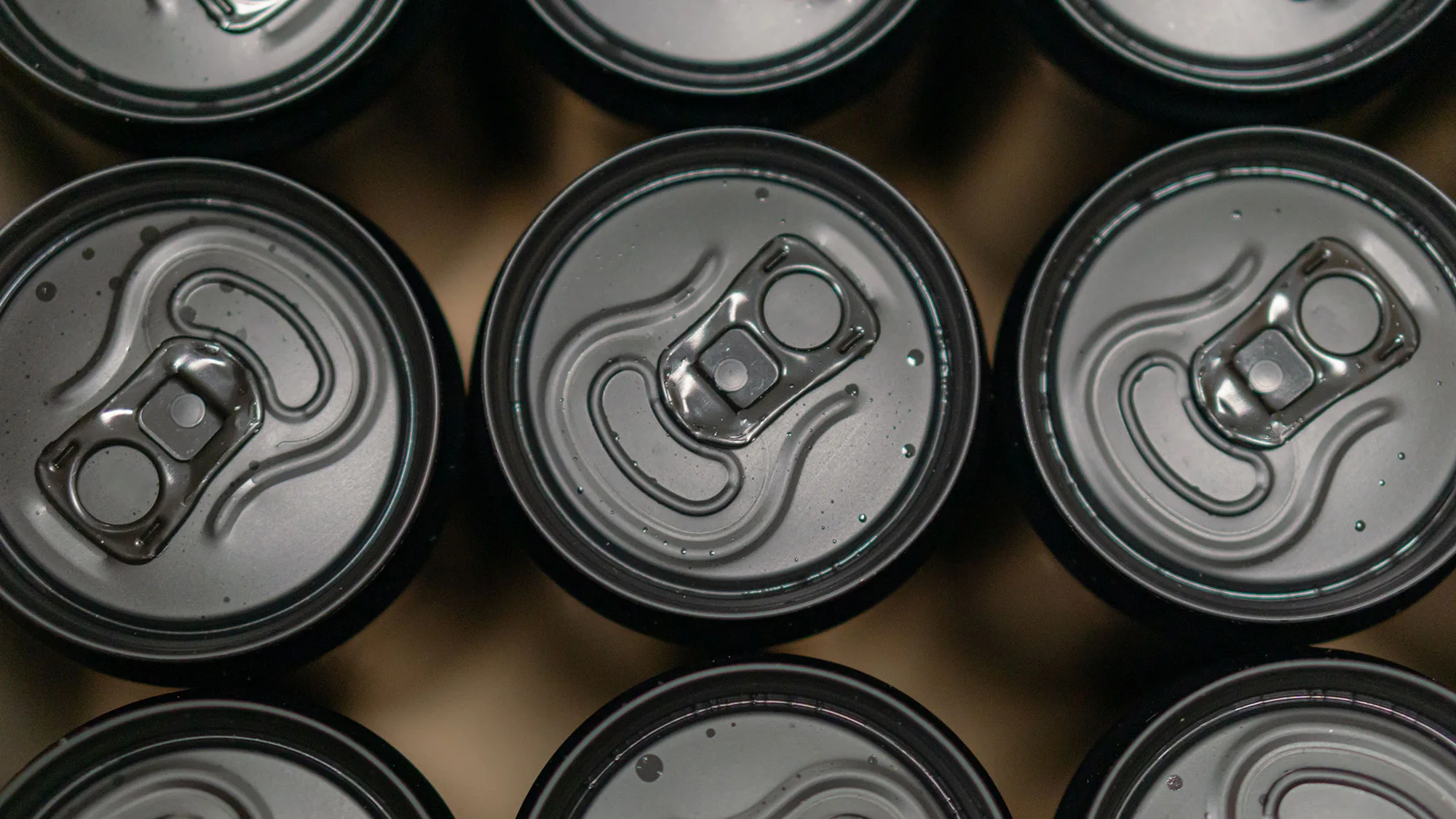Boxed wine has been embraced by the drinking public, but canned wine has been a slower burn. In spite of that, according to Grand View Research, the global market for canned wine is expected to rise to $571.8 million in revenue by 2028 — a massive increase from the reported $235.7 million from 2021. One major issue, though, has persisted for the canned wine industry: the pervasive “rotten egg” smell that can eventually develop within wine cans. But now, a multi-year project conducted by the New York State College of Agriculture and Life Sciences is shedding some light on how producers can resolve the issue.
The research report was published in the February 2024 issue of the American Journal of Enology and Viticulture. The study aimed to evaluate hydrogen sulfide levels in canned wines, and explore its variability based on interactions between sulfur dioxide (a chemical compound commonly used by winemakers as an antibacterial and antifungal agent), aluminum, and commercial can liners.
According to research team leader Gavin Sacks, Ph.D, the first hurdle the team faced was identifying compounds in commercial wine that could impart “off” aromas. After extensive research, and working with wineries and can manufacturers, the team discovered that the answer is two-fold: dropping the sulfur dioxide content in wine, as well as lining the inside of cans with an ultra-thin plastic coating.
The initial research began with the team breaking down the chemical composition of commercial wines, while also evaluating the corrosion process of aluminum cans. Wine




